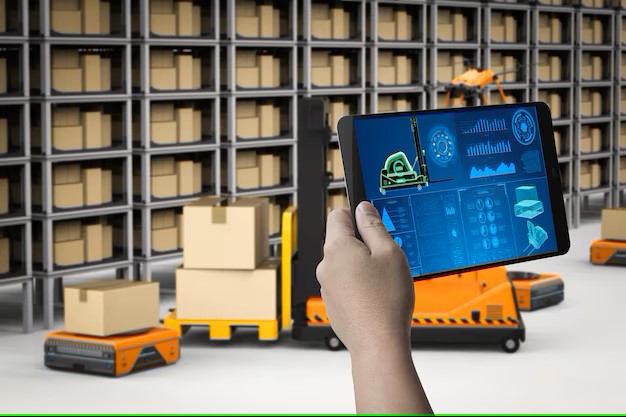Poor inventory management can lead to two opposite problems: excess stock, which drives up logistics costs, or product shortages, which result in lost sales and a poor customer experience. The solution lies in accurately forecasting demand, a goal where Artificial Intelligence (AI) plays a key role.
Thanks to its ability to analyze vast amounts of data in real time, AI detects consumption patterns, predicts demand fluctuations, and optimizes inventory by considering seasonality, promotions, and even external factors such as weather, sporting events, or viral trends.
Companies across various industries are already using this technology to enhance their inventory management.
Unilever has integrated Artificial Intelligence into its ice cream supply chain to adjust production and distribution based on weather conditions and demand patterns. Additionally, it has deployed 100,000 AI-powered smart freezers that provide real-time inventory updates, leading to sales increases of up to 30%.
Kaufland, the hypermarket chain of the Schwarz Group—the same conglomerate that operates Lidl—relies on Artificial Intelligence to optimize inventory management in its 1,500+ stores across eight countries. Every day, it analyzes up to 35 million product-store combinations and processes sales data from the last 800 days. This has helped reduce waste of perishable products and optimize restocking, ensuring that customers always find what they need in stores.
Amazon has integrated AI into its inventory management. By analyzing customer behavior, such as searches and past purchases, AI adjusts stock levels in real time to ensure the availability of popular products. Moreover, its predictive algorithms anticipate purchases and move products to strategic warehouses, reducing delivery times.
Gaviota, a Spanish company specializing in sun protection systems and automated blinds, implemented an AI-based solution to define the optimal inventory mix across its supply chain. As a result, it reduced its stock by 43%, from 61 to 35 days.
As we have seen, AI in logistics offers significant benefits:
-
More accurate demand forecasting.
-
Lower logistics costs: prevents excess inventory.
-
Higher product availability: reduces stock shortages.
-
Efficient replenishment: optimizes distribution and minimizes waste.
-
Faster deliveries: anticipates demand and strategically distributes products.
AI is already transforming logistics, but the best is yet to come: the more it is used, the easier it will be to anticipate customer needs and improve efficiency.

